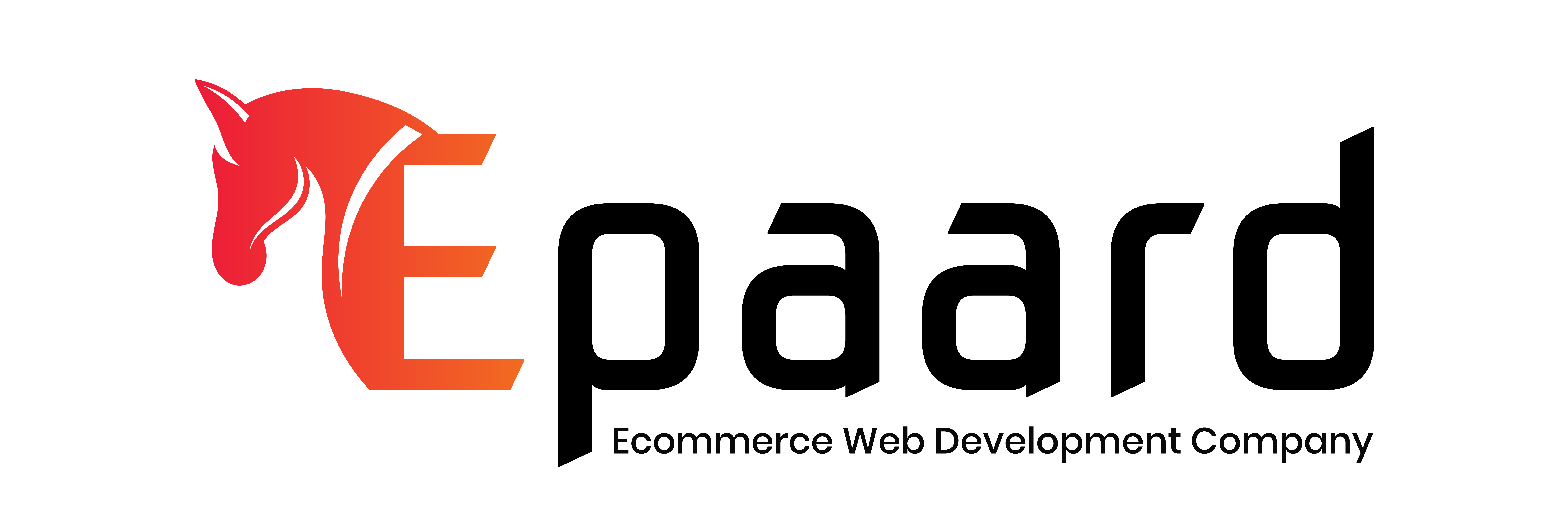Google announced that it will be discontinuing Google Universal Analytics from July 2023 onwards. In its place, it is going to launch Google Analytics 4. So all the Magento 2 stores that want to engage in e-commerce tracking will need to seek the help of Google Analytics 4.
Google has promised the new and updated Google Analytics 4 to be more user-friendly as well as more effective than the previous version. It reflects upon the real behavior of online shoppers and allows fluid movements between sessions and events. However, the e-commerce stores will not be able to view benchmarks such as bounce rates and averages.
Advantages of Using Google Analytics 4 with Magento 2
Google Analytics has gained massive popularity as the best tracking tool in the market. It lets you collect data that will help you expand your business.
Allows tracking on different platforms
Google Analytics 4 can track the activity of customers on different platforms. Other than this, it also provides a detailed history of activity for every website and app that it tracks. Besides this, it has also earned the reputation of having a more accurate user count as it is far better at de-duplicating across devices.
Event tracking
Previously, Google Analytics 3 requires its users to write specific Google Analytics code for tracking. However, with Google Analytics 4, you can track every step in your Magento journey when you activate the Enhanced Measurement option. This includes a site search, check out in the mobile app, clicking on an ad or link, scroll tracking, video engagement, and canceling a paid subscription.
Use of AI
By adding Google Analytics 4 to your Magento, you will have access to artificial intelligence that will analyze the historical user tracking code and forecast future customer behavior for targeted marketing.
Other than this, AI will also assist e-commerce store owners to make informed decisions based on assumptions related to user churn rate, purchases, and revenue.
Measuring Engagement
If you are tired of comprehending the unengaged user behavior through the bounce rate metric method, then it is no longer needed in Google Analytics 4. You can now measure the depth of engagement using Google Analytics 4. For example, you can monitor video engagement by checking if the video has been viewed fully and other factors.
Monitoring Critical events
E-commerce stores using Magento can configure Google Analytics 4 to analyze the anomalies in the data. Other than this, the monitoring can be done on an hourly basis as opposed to once a day, as it was previously done in Google Analytics 3.
Conclusion
The benefits of Google Analytics 4 with Magento 2 are immense. This is why many e-commerce Magento store owners are looking forward to it.
Google Analytics 4 has the added capability to accurately track your customers’ journey across multiple devices and domains. It can also track events on the mobile app and other sales channels as opposed to only on the website. Other than this, it can also monitor and analyze the user action sequence more accurately and efficiently as compared to Google Universal Analytics.
All in all, adding a Google Analytics 4 code to your Magento website can grant you many bonuses and assist you in attaining a seamless e-commerce business performance.



